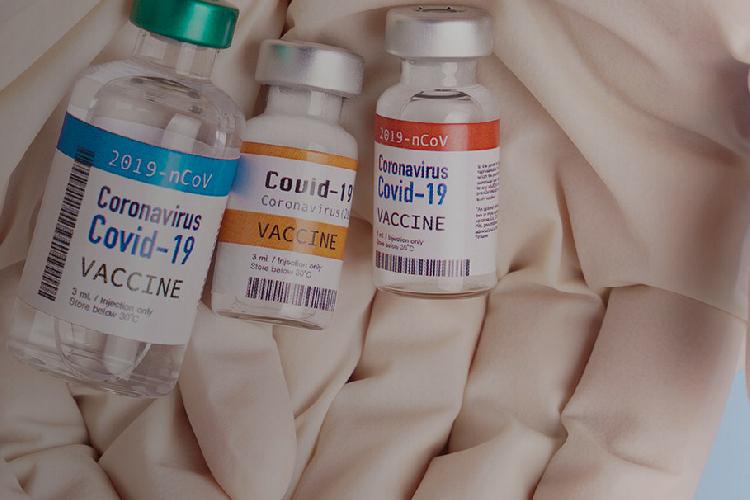Africa-Press – Namibia. IN the wake of the festive season, the health ministry is expecting new Covid-19 infections amid the fourth wave dominated by the Omicron variant.
Health minister Kalumbi Shangula told The Namibian yesterday that despite a gradual decrease in new infections, the country has not passed the peak of the fourth wave.
“We recorded the highest number of 1 334 on the 19 December 2021. The effect of Christmas and New Year festivities may yet be observed.”
New infections in Namibia remained below 1 000 over the week, as reflected in the daily Covid-19 statistics reports.
The latest report indicates 404 new infections, 20 reinfections, 235 recoveries and zero deaths.
Shangula warned last week that new daily Covid-19 cases continue to increase, alongside an increased number of hospitalisations.
“This implies that active transmission is still ongoing in the communities… and may be fuelled by gatherings and travelling.”
Last year during the same period, Namibia experienced its second wave with hospitals overwhelmed after the festive period.
Deaths linked to the virus have increased over the last week, with 43 reported since 27 December 2021. Before last week, the deaths were low with an average of one reported daily.
“Deaths have been increasing with great concern and we are starting to see home deaths too,” Shangula said.
Covid-19 related hospitalisations have gradually increased to 334 over the last few weeks, with 32 in the intensive care unit.
Shangula said since the beginning of December 2021, Namibia’s focus shifted away from contact tracing as there was little value amid diffused community transmission.
ver a week ago, South Africa announced their plan to stop the quarantining of confirmed Covid-19 cases. This plan was however paused this week, to consider additional comments about the policy, Bloomberg reported recently.
The initial decision was as a result of the fact that 80% of the population have some sort of immunity from prior illness or vaccines.
“The move was taken as a potential sign that the government has decided to move away from imposing measures to restrict the various waves of the pandemic,” Bloomberg reported.
Since June last year, the World Health Organisation (WHO) has not adjusted its recommendation on the quarantining of positive Covid-19 contacts in designated facilities or separate rooms in households for a duration of 14 days.
VACCINATION
Since 23 December last year, 3 412 people have been fully vaccinated, which brings the overall number to 344 214.
In addition, 1 958 children between the age of 12 and 17 have received their first jab, and over 6 000 Namibians have received their booster shots.
WHO director general Tedros Ghebreyesus wants 70% of people in every country to be vaccinated by July 2022.
So far, it has taken Namibia almost eight months to surpass 20% vaccination coverage.
Health experts are not optimistic about reaching this goal in most African countries, as access to vaccines and vaccine hesitancy continue to be a challenge.
For More News And Analysis About Namibia Follow Africa-Press






